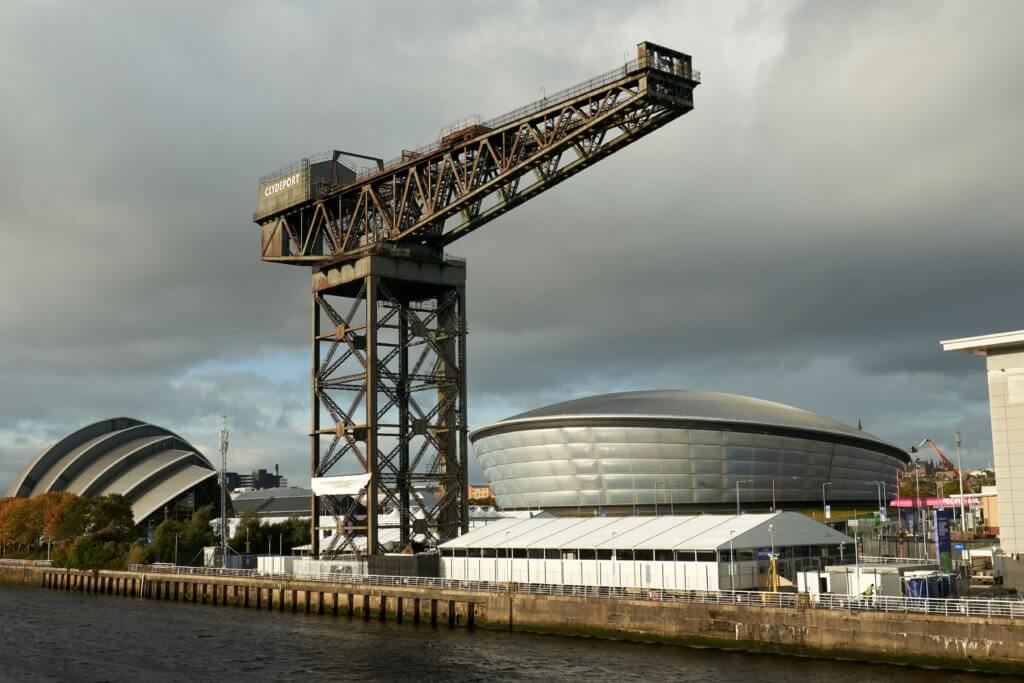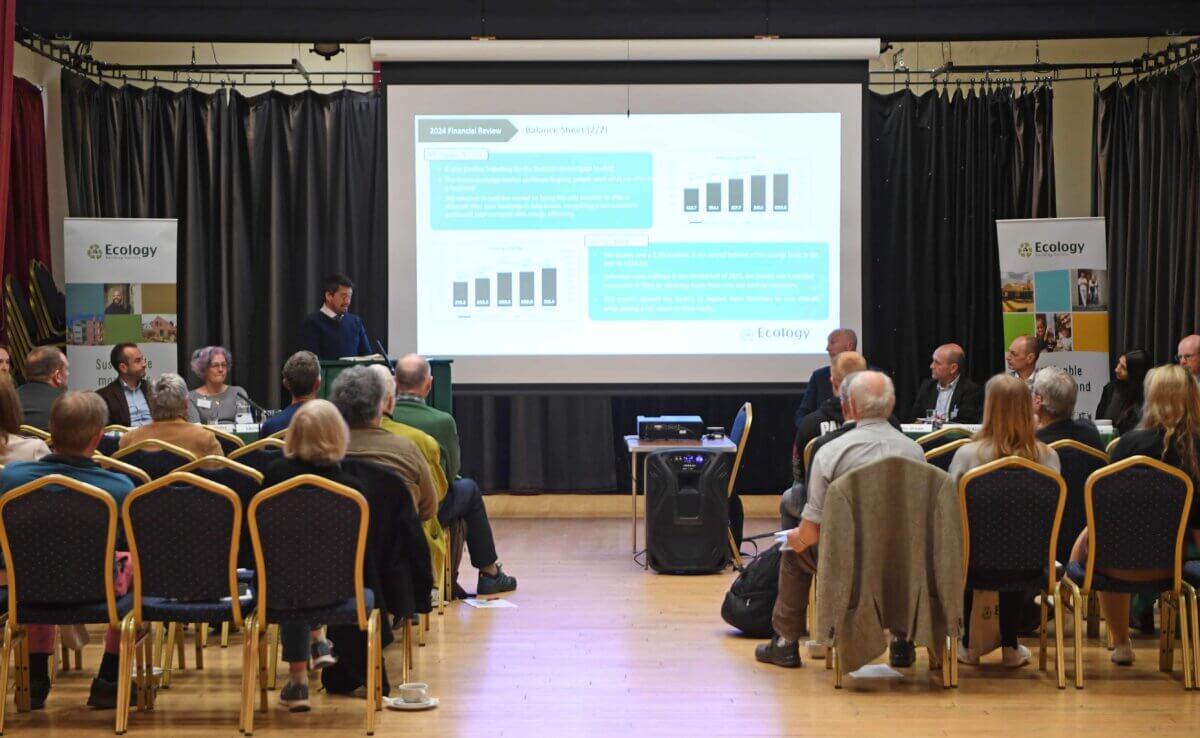Financing The Future We Want – Change Is Coming

Alison Vipond, Sustainability Lead at Ecology, on Banking on Values day, how we need to mobilise finance to support the transition to net zero.
Ecology Building Society is a long-standing member of the Global Alliance for Banking on Values (GABV), a group of financial institutions that share a common purpose of intentionally supporting sustainable development.
Today we’re celebrating the GABV’s Banking on Values Day which aims to raise awareness of the banking on values movement and creating positive change in the banking system, driving positive economic, social and environmental impact by influencing how banks and banking cooperatives serve human needs and the real economy. It is also the Finance Day of the COP26 Presidency programme.
There is an opportunity for all financial institutions to follow the lead of GABV and put the generation of economic, environmental and social returns at the heart of their strategies.
Our future will be determined by what we do in this decade. Ensuring a fair and sustainable future, as we wean ourselves off fossil fuels and scale up green solutions, will take tremendous societal change and financial capital. The financial sector has a critical collaborative role to play in re-engineering our economies for net zero. Trillions of dollars must be directed towards implementing green solutions.
There are signs that change is coming. The majority of financial institutions are now alert to the opportunities of net zero as well as the risks of inaction, in the form of stranded assets and physical perils of climate change. That awakening must now translate rapidly into action.
What is needed to finance the future we want?
Certainty of ambition from world leaders
If world leaders can provide certainty of ambition to fulfil the Paris Climate Agreement to keep global temperature rise within the agreed threshold of 1.5°C, that in turn provides certainty for future investment and a whole economy transition can get underway by scaling up renewable technologies and nature-based solutions combined with creating millions of green jobs. COP26 is the defining opportunity for world leaders to provide that certainty.
Collaboration for pace and scale
Collaboration is creating momentum. By working together, more financial institutions are raising their ambition, measuring their emissions and committing to net zero for the activities they finance.
As well as being a member of GABV, Ecology Building Society is one of 43 founding members of the industry-led, UN-convened Net-Zero Banking Alliance (NZBA) launched in April 2021. Members commit to align their lending and investment portfolios with net-zero emissions by 2050 and set robust intermediate targets for 2030 or sooner. Importantly, the NZBA has published the global standard for what net zero means for a bank. The Alliance has now grown and now brings together over 80 banks worldwide from over 35 countries, collectively representing more than a third of global banking assets. It has joined the Glasgow Financial Alliance for Net Zero, launched by Mark Carney, a global coalition bringing together net-zero finance initiatives into one sector-wide coalition seeking to unlock systemic change.
Financial decisions take climate change into account
The traditional global financial system must re-invent itself to ensure every financial decision takes climate into account. Industry-led initiatives are now developing and implementing consistent methods to understand and report the risks posed by climate change, measure emissions and define net-zero targets. For example, the Partnership for Carbon Accounting Financials (PCAF), of which Ecology Building Society is a pro-active member, has set the global standard for calculating financed emissions.
During COP26, we will be publishing the first annual report of the PCAF UK group, sharing our insights in measuring emissions from residential property, to inform how to reduce mortgaged property emissions in our net-zero plans.
Accelerate pathways to net zero
Achieving net zero is a team effort. It cannot be done by financial institutions alone. For example, decarbonising industrial sectors such as steel making, will require major collaboration and alignment between industries, financial institutions and policymakers. Decarbonising the built environment, including residential property, relies on government policy to reduce the amount of energy supplied from fossil fuels in the national energy supply, and owners’ will to adopt low-carbon heating systems and improve their building’s insulation. Financial institutions have a critical collaborative role in working with all stakeholders to navigate and implement pathways to net zero.
At Ecology Building Society, we seek to influence policymakers to implement a national retrofit programme to boost insulation of existing properties and to set high standards of energy performance in building regulations for new build properties.
Climate leadership
The urgency of the climate crisis means financial institutions must lead the way. We must clearly and confidently make the case for bold climate policy and action. Critically, to do this, there must be trust and accountability, together with a coherence between what the financial institutions say and what it does.
At Ecology Building Society, addressing the climate crisis continues to be at the heart of everything we do, from how we operate our business to how our lending supports sustainable buildings and communities. We have long recognised the important role of financial organisations to drive positive change for people and planet. With finance as one of the central themes of COP26, we have a major opportunity to collectively agree to finance the future we want.



